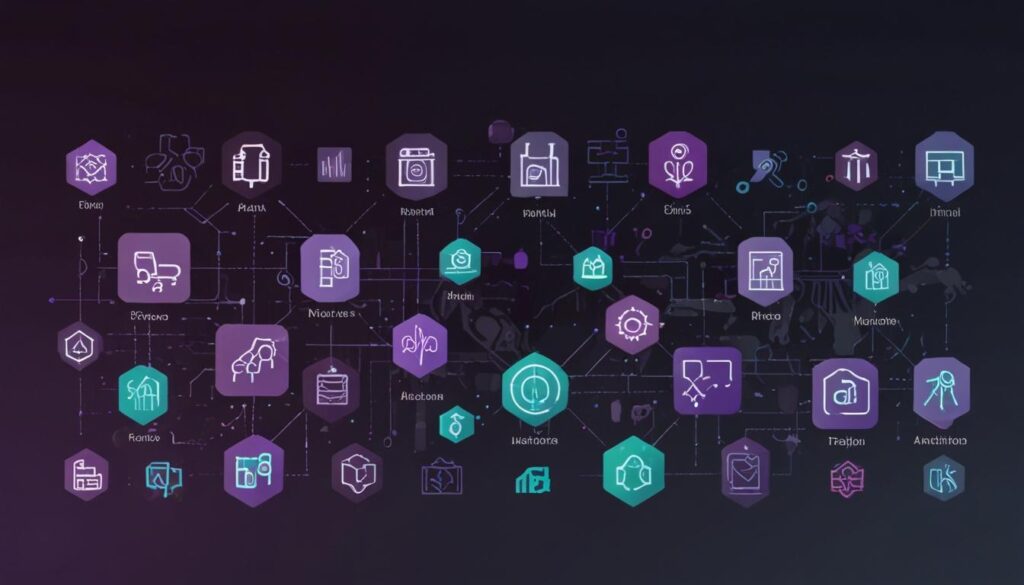Artificial intelligence (AI) is revolutionising traditional job roles, enhancing maritime safety, powering innovative supercomputers, integrating with popular operating systems, and promoting environmental sustainability across sectors. Despite its transformative potential, key challenges such as ethical concerns and environmental impacts must be addressed.
AI Transformations and Innovations Across Various Sectors
AI Integration Across Traditional Jobs
As artificial intelligence (AI) technology rapidly advances, traditional job roles are evolving. In healthcare, AI-driven assistants are addressing shortages in hospital and nursing staff. In construction, AI-driven electricians are set to tackle the skilled tradesperson scarcity, enhancing productivity and safety. Retail is moving towards fully automated services, reducing the need for human cashiers. In German craftsmanship, AI automates intricate woodworking tasks, possibly altering traditional craft’s revered status. AI also envisions more efficient waste collection and is entering creative industries, potentially competing with scriptwriters and actors. Home cleaning and culinary services may also be overtaken by sophisticated AI systems.
Key challenges include the displacement of workers, skills mismatches, ethical AI use, and data privacy and security. However, AI promises increased productivity and decision-making, improved safety, and new job creation.
Enhancing Maritime Safety with AI
An AI startup is enhancing maritime navigation, aiming to safeguard sailors from potential dangers. The startup’s tools incorporate advanced algorithms and data analysis to provide real-time insights, aiding crews in avoiding collisions and preserving marine habitats. Challenges include integrating AI tools with existing maritime infrastructure, data privacy, and regulatory compliance. The AI improves situational awareness and reduces human error, though over-reliance and technological failures pose risks.
Elon Musk’s AI Supercomputer
Elon Musk’s venture, xAI, is constructing a supercomputer to bolster its AI capabilities, particularly benefiting the AI chatbot Grok. Collaborating with Oracle, xAI plans to use Nvidia H100 GPUs, significantly enhancing processing power. Challenges include potential high-performance memory chip shortages and environmental concerns due to the supercomputer’s substantial energy consumption. However, this initiative could advance AI research and application efficiency.
Apple’s AI Integration with iOS 18
Inspired by GitHub Copilot, Apple’s Senior VP Craig Federighi has directed the incorporation of AI into iOS 18. Apple plans to infuse AI into applications like Messages, Mail, Photos, and Siri. These integrations, developed in-house and potentially through collaborations with OpenAI and Google, aim to enhance user experience and efficiency. Key challenges include maintaining data privacy, handling AI bias, and balancing innovation without overcomplicating the user interface.
AI and Environmental Sustainability
AI’s role in promoting environmental sustainability includes innovative waste repurposing, supply chain optimization, and sustainable agriculture. AI technologies are being utilized to convert agricultural waste into bioplastics, optimize supply chains, and enhance resource efficiency in farming. Major tech companies like IBM and Microsoft are employing AI to predict air pollution levels, monitor illegal activity in forests, and track marine pollution, significantly benefiting environmental preservation.
The extensive integration and innovation of AI across sectors highlight its transformative potential while underlining the importance of addressing ethical, security, and environmental concerns.

